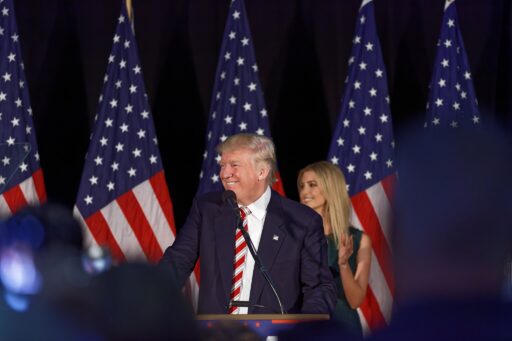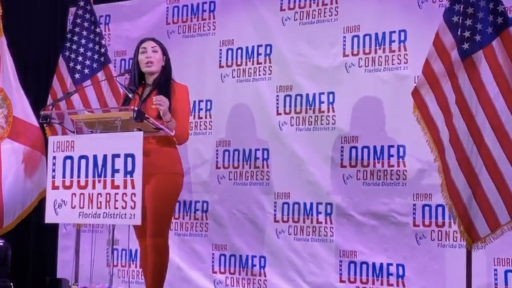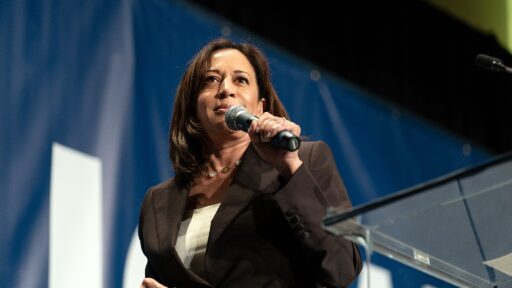Republicans Accused Of Playing Blame Game
The House GOP’s struggle to unify on a strategy for the impending government funding deadline is stirring up a blame game within Republican ranks. Speaker Mike Johnson (R-La.) is facing pushback from various factions, which has hindered his plan to prevent a government shutdown by the end of the month.
With a slim majority, Speaker Johnson sought to leverage the proposal from the House Freedom Caucus—a conservative initiative to attach a voter citizenship verification bill to a six-month funding extension. This tactic was intended to present a strong opening to the Democrat-controlled Senate. Additionally, former President Trump has supported linking government funding to this voter integrity bill.
However, Johnson had to retract a planned vote on this approach earlier this week.
The resulting GOP infighting has led to finger-pointing among Republicans. House Appropriations Committee Chair Tom Cole (R-Okla.) expressed frustration, stating, “It’s disheartening that we can’t get the majority of our members to back a bill they support, including appropriations bills that are more fiscally responsible than those from our Democratic colleagues.”
Cole criticized members who failed to support Johnson’s strategy, adding, “I understand the concerns, but we need to back the Speaker’s efforts. It’s a matter of give-and-take, and right now, the Speaker is negotiating on our behalf.”
Resistance to the bill has emerged from various corners of the GOP. Fiscal conservatives, including those outside the Freedom Caucus, opposed any funding extension. Defense advocates, led by House Armed Services Committee Chair Mike Rogers (R-Ala.), voiced concerns about potential impacts on military funding. Moderates, on the other hand, were wary of a shutdown close to an election.
An anonymous GOP lawmaker blamed the hard-liners for sabotaging Johnson’s negotiations, suggesting their approach lacked effective negotiation skills. Conversely, a senior GOP aide countered, accusing moderates of shifting blame and arguing that defense hawks were complicating matters right before the election.
Cole acknowledged the dilemma, saying, “I get where Mike Rogers is coming from, but I still believe it’s better to pass something now and avoid a shutdown than to risk doing nothing.”
Supporters of the funding strategy hoped that coupling the conservative proposal with a short-term funding extension would bolster their position in negotiations with Senate Democrats. This approach has flipped some typical GOP dynamics, with hard-liners like Rep. Chip Roy (R-Texas), sponsor of the voter proof bill, finding themselves at odds with fellow conservatives who oppose the strategy.
Roy criticized his fellow Republicans, noting, “Some of my so-called conservative friends are undermining the Speaker’s efforts. It’s ironic but not surprising.” He added that the goal was to secure reforms and avoid a last-minute omnibus bill.
However, other conservatives argue that the plan lacks necessary spending cuts and continues to grow the deficit. Rep. Cory Mills (R-Fla.) voiced concerns about potential economic collapse, while another House Republican expressed frustration over mixed messages from the right flank.
The current situation reflects a recurring issue within the GOP, where internal disagreements and strategic failures have stalled progress before. A year ago, former Speaker Kevin McCarthy (R-Calif.) faced a similar dilemma, attaching a border security bill to a funding resolution, only to be forced to pass a clean stopgap measure with Democratic support.
Despite the frustration, Rep. Dusty Johnson (R-S.D.) believes the GOP should rise above the discord, stating, “We need to be a better team and back the Speaker. The stakes are too high for us to falter.”







